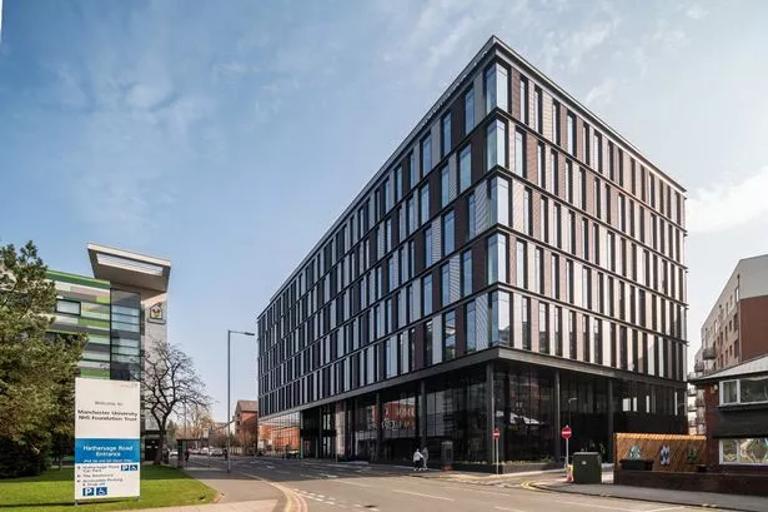Manchester’s rise as a major UK tech corridor has been gaining momentum for years, but the recent boom in artificial intelligence startups has accelerated that trajectory at an unprecedented pace. Entrepreneurs from across the country are relocating to the city, drawn by lower operating costs, a strong talent pipeline and a growing ecosystem of investors hungry for innovation. What began as a small cluster of digital agencies has evolved into a busy network of AI research labs, accelerator programmes and early‑stage companies developing tools with national and global ambition.
Founders working in the sector say Manchester offers a rare balance of academic insight and practical industry collaboration. With the University of Manchester and Manchester Metropolitan University both investing heavily in machine‑learning research, startups have direct access to specialised expertise that can speed up product development. Several young companies have even begun partnering with university departments, using shared facilities and graduate placements to test prototypes before bringing them to wider markets.
Investment activity has also picked up, fuelled by a mix of established venture capital firms and new funds targeting northern tech. Local accelerators report a sharp increase in applications from AI‑focused teams, many working on predictive analytics, automation tools and ethical‑AI frameworks designed to help businesses improve decision‑making. These projects have attracted interest from industries as varied as finance, logistics and healthcare, all of which are exploring ways to harness data more efficiently.
One promising trend is the collaboration between Manchester’s public and private sectors. City leaders have launched several initiatives designed to support tech growth, ranging from upgraded digital infrastructure to grant schemes that help small firms access specialist equipment. This support has encouraged startups to remain in the region rather than relocating to London, strengthening the city’s identity as a centre for innovation rather than a stopgap on the way to the capital.
Residents say the impact of the tech boom is becoming increasingly visible at street level. Co‑working spaces have multiplied, particularly around the Northern Quarter and Spinningfields, where refurbished warehouses now house clusters of young companies. Several previously underused buildings have been transformed into shared research centres with dedicated AI labs, attracting both local professionals and international specialists eager to contribute to the region’s growth.
Despite the excitement, founders acknowledge that challenges remain—particularly when it comes to hiring senior developers with experience scaling AI systems. Some companies have begun experimenting with hybrid teams spread across Manchester, Leeds and remote hubs elsewhere in the UK to bridge skills gaps. Others are investing in in‑house training programmes to develop talent locally, hoping to build long‑term stability rather than relying solely on recruitment from larger cities.
Looking ahead, analysts believe Manchester is well positioned to compete with established tech hubs thanks to its collaborative culture, strong academic foundations and broad mix of experimental projects. With demand for AI solutions growing across the UK economy, the city’s early backing of machine‑learning research may prove decisive. For now, the momentum shows no sign of slowing, and many in the sector view Manchester as a model for how regional cities can drive technological progress on their own terms.
